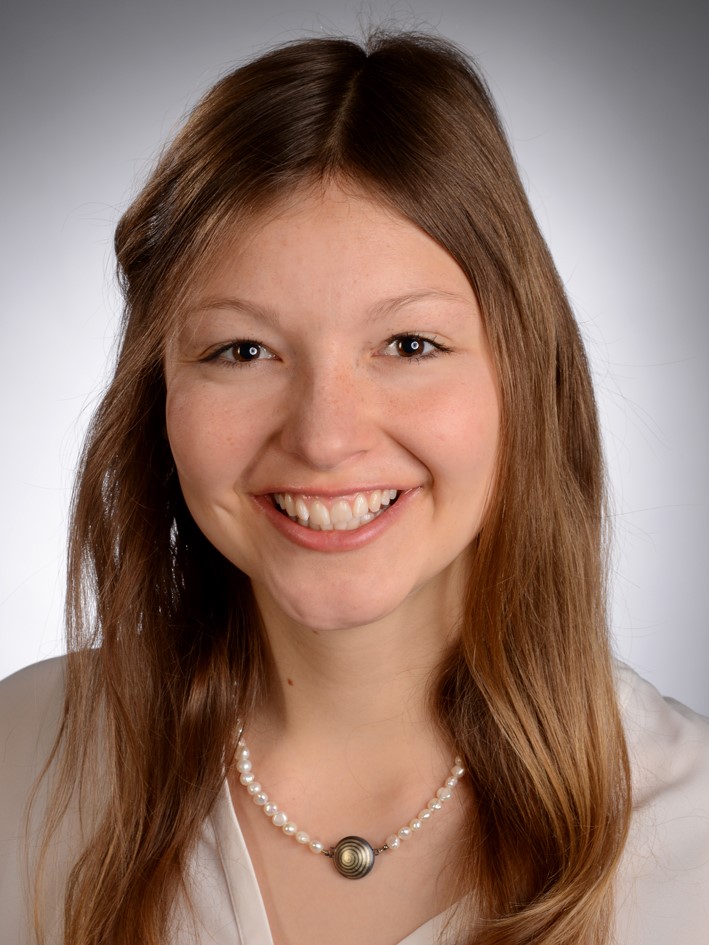How to be disruptive in an organisation with a long tradition
Ann-Kathrin Leiting has won the EFMD Case Writing Award 2019 for her teaching case on corporate entrepreneurship within Bosch, a German global high-tech manufacturer. She analysed how disruptive ideas emerge in a company rich in tradition, what hurdles new concepts have to overcome, and how corporate entrepreneurship can effect change in an established business culture.

Innovation is an adventure. When developing a new idea there is plenty of unknown territory to explore. Tangible concept-framing, fundraising and setting up a working organisational structure are merely a few of the challenges faced by entrepreneurs. Many of these steps look quite different when entrepreneurs undertake their journey not in the open field but within an established company. Ann-Kathrin Leiting is well aware of this. She wrote a teaching case about how external page Bosch is facilitating disruptive corporate innovation. For her work – supervised by Professor Bart Clarysse and Dr Jana Thiel at the D-MTEC Chair of Entrepreneurship – she has been honoured with the EFMD Case Writing Award 2019 in the category “Entrepreneurship”.
Leiting is pursuing her doctorate at Bosch’s Management Consulting unit, with academic supervision from the D-MTEC Chair of Entrepreneurship. Bosch presents an excellent opportunity to study corporate innovation: Competition is rife and growing on the high-tech pitch. And so is the pressure to be innovative. Bosch is a global player in its field, but unlike many of its competitors, it is an unquoted company. As a privately owned business, it has always had considerable leeway in terms of investing in research and development; at the same time, it is home to long-standing organisational structures and a traditional business culture.
In research that culminated in the teaching case “Developing an Effective Corporate Innovation System: The Case of the Bosch Group”, Leiting analysed interviews and examined a variety of innovative endeavours within the company. From early ideation to incubating and scaling up a proven business idea, she investigated how each step is integrated in Bosch’s organisation.
The teaching case is one outcome of Leiting’s doctoral thesis, in which she is investigating how incumbent firms foster organisational transformation through the introduction of entrepreneurial methods and the creation of genuinely new business opportunities. When managers are confronted with disruptive instead of incremental innovation, they need to ask different questions – and may get even wilder answers. At Bosch, much comes down to how compatible the established engineering business culture is with high-risk innovation. One of Leiting’s findings is that the ideal balance between corporate policy and independence is often perceived radically differently by different stakeholders. The teaching case did not only look at what is required for innovative endeavours to be successful, however, but also at how such endeavours can effectively align with corporate strategy and potentially lead to successful back-integration into Bosch’s core business.
Having received the EMFD Case Writing Award 2019, the case will now serve as an integrated teaching tool in courses at the Chair of Entrepreneurship, and hopefully also at other schools. In fact, educators outside of ETH have already expressed interest in the case. Leiting is enthusiastic about this. “Our ambition,” she says, “was to spark discussion and offer practical insight into how corporate entrepreneurship can be organised to support the renewal of organisations in this time of unprecedented change. We hope that our case will serve as a valuable addition to contemporary management programmes, enriching many classroom discussions.”
Infobox
EFMD
EFMD (European Foundation for Management Development) is a global, non-profit, membership-driven organisation that acts as an accreditation body for business schools and provides a forum for information, research, networking and debate on innovation and best practice in management development.
EFMD Case Writing Competition
Since 1988, the EFMD Case Writing Competition has rewarded innovative cases in management development. In 2019, applicants competed in 17 categories representing critical managerial areas. The award for Entrepreneurship was sponsored by the external page emlyon business school.